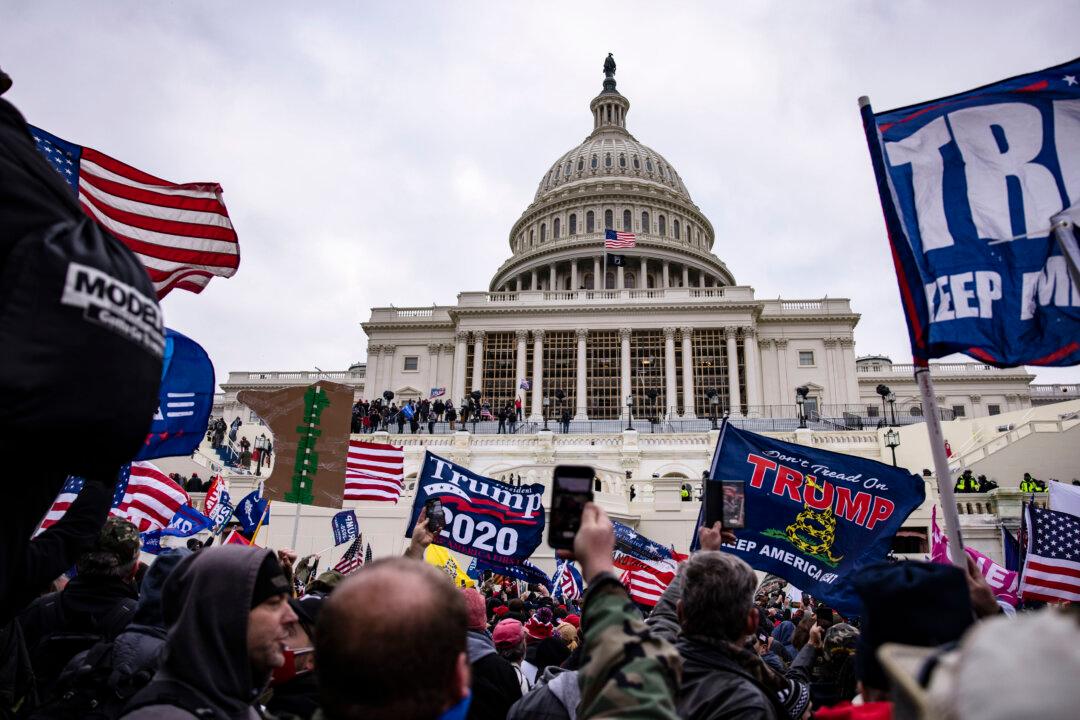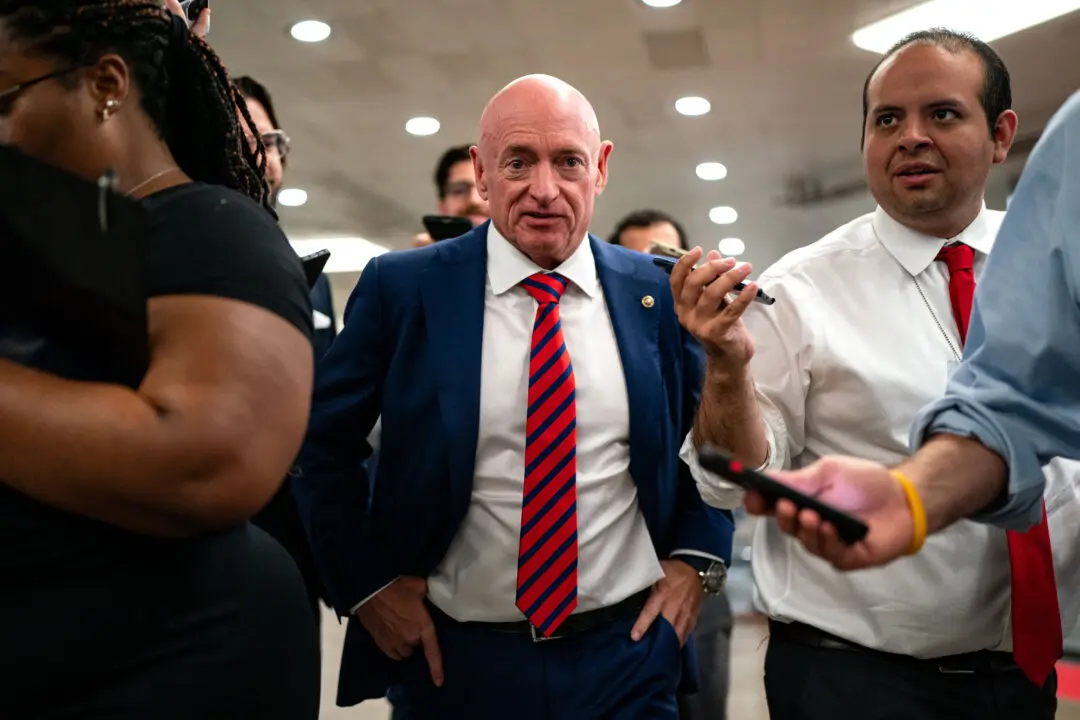Federal prosecutors have charged a former government employee with submitting fake tips accusing several of his former co-workers of being involved in the unrest at the U.S. Capitol on Jan. 6, 2021.
Court records indicate Miguel Eugenio Zapata, 37, was arrested in Chantilly, Virginia, on Thursday on a charge of making false statements to law enforcement. A criminal complaint states Mr. Zapata submitted at least seven tips to the FBI’s tipline, purporting to identify government employees and contractors he claimed were involved in unlawful activities at the U.S. Capitol on Jan. 6.





